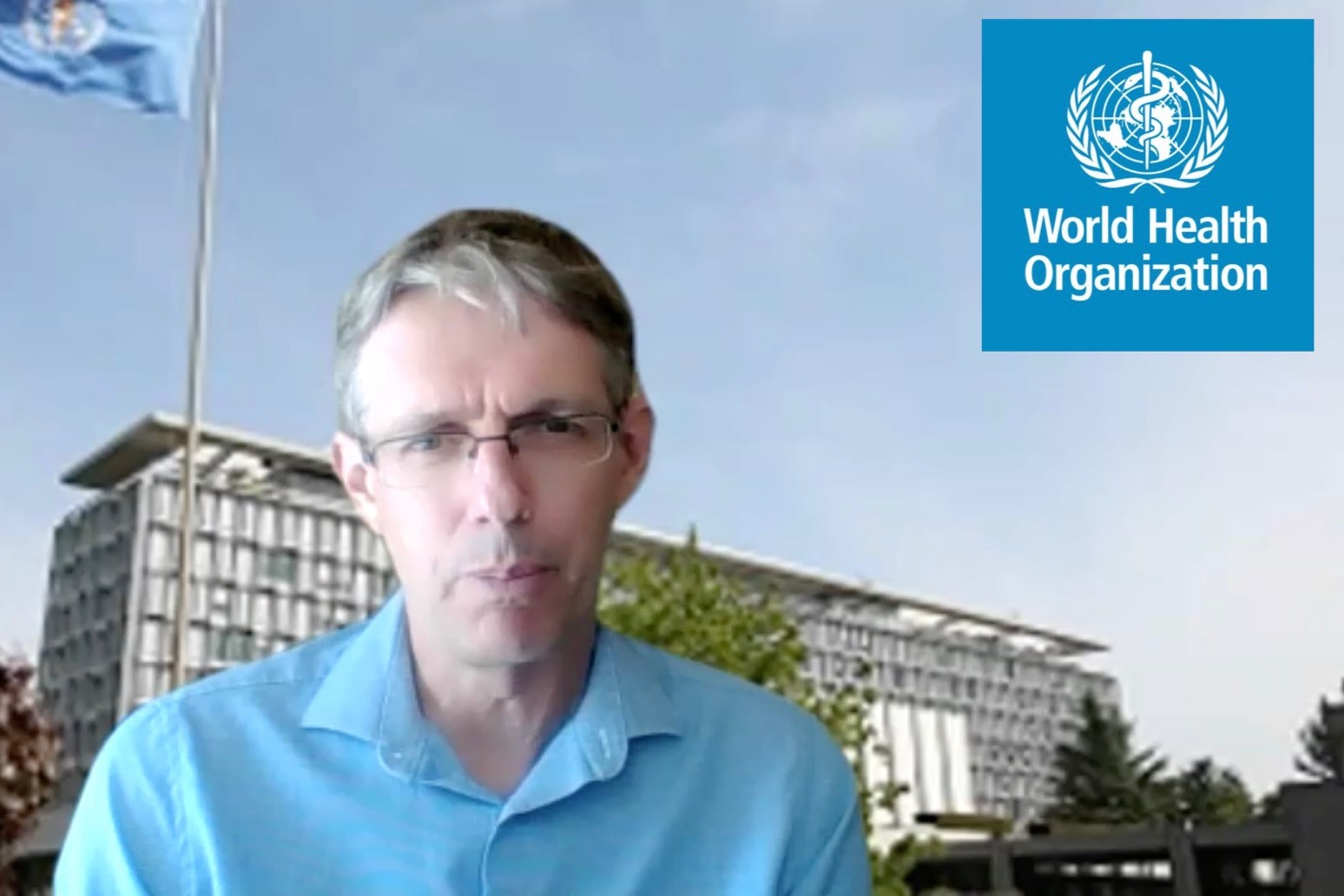
Climate Causing Global Health Emergency: Exclusive Interview
The World Health Organisation (WHO) is declaring a global health emergency created by the effects of climate change, which is killing millions of people every year, writes Radio News Hub Science Correspondent Jonathan Levy.
This year's World Humanitarian Day (Thursday 19 August 2021) has been devoted to dealing with the climate crisis, which WHO is calling “The single biggest health threat facing humanity.”
Diarmid Campbell-Lendrum is Head of WHO’s Climate Change and Health Unit. He’s been talking exclusively to Radio News Hub.
He told us “World Humanitarian Day is important. Climate change is already killing people and will only get worse out into the future if we don’t make our societies and our health systems more resilient and if we don’t start to drive down carbon emissions.”
Health officials have been shocked at the pace of climate change with record-breaking heatwaves, catastrophic storms and changing weather patterns.
WHO say it’s costing millions of lives every year and represents a health emergency: “Unfortunately, we lose over 7-million people a year from air pollution, one of the biggest killers in the world these days.
“So that is just another reason why it’s so important to stop burning stuff that is not only killing the planet but also killing people now.”
The United Nations affiliated WHO has announced “Climate change is a health emergency, impacting food systems, disease dispersion, health systems, and societies at large.
“There is no vaccine for climate change. But we do have solutions. We must maximize the health benefits of tackling the climate crisis while avoiding its worst health impacts.
“We need to promote climate-resilient health systems everywhere as we Build Back Better from the COVID-19 pandemic.”
WHO have stated that today is a crucial milestone in the lead up to the COP26 climate change summit to be hosted by the UK in Glasgow in November.
Leaders from 196 countries will meet to agree action to get climate change under control and WHO says health is a critical consideration.
Mr Campbell-Lendrum added: “This year’s extreme weather events should be a wake-up call that we need to take steps now.
“We need to take them this year in the run-up to COP 26 so that 10, 20 or 30 years from now we’re not living on a planet that will be more severely impacted than the one we have at the moment.”
You can view our full exclusive interview with Diarmid Campbell-Lendrum, Head of WHO’s Climate Change and Health Unit, on our You Tube channel.
Published: by Radio NewsHub